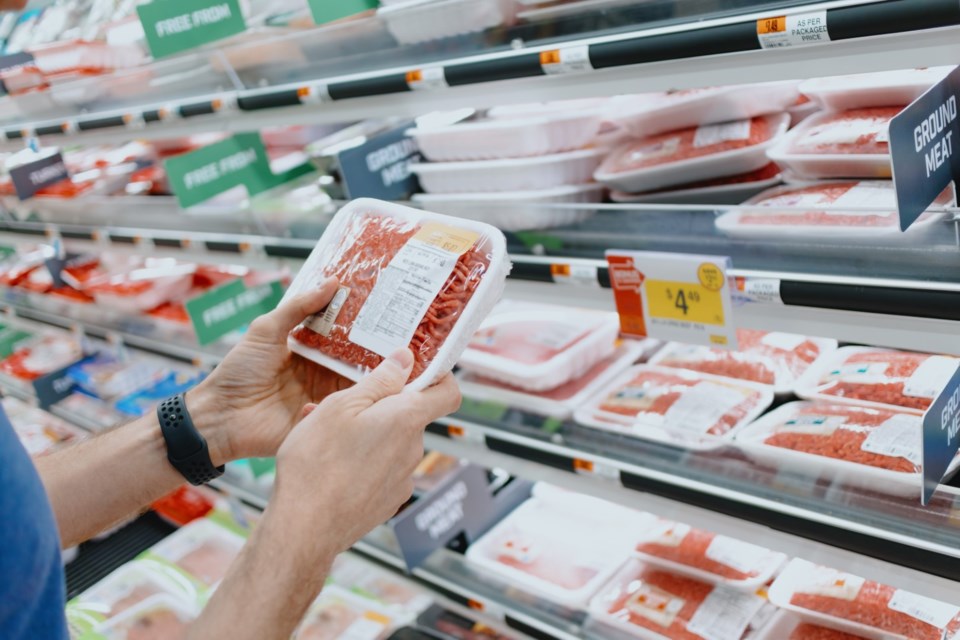Born in the U.S.A. could be more than a song lyric. Once again it could see American agricultural goods, especially livestock products, sorted by country of origin.
Yes, it sounds very much like COOL — the mandatory country-of-origin labelling that deeply damaged Canadian red meat industries in the past.
This new proposal would see the label applied on a voluntary basis. Product of USA and Made in the USA labels on meat would be used when these are “derived from animals born, raised, slaughtered and processed” in that country.
That might sound reasonable but it would cause the American meat industry to incur new costs that would ultimately be paid by Canadian and Mexican farmers.
Canada and Mexico won a significant trade case against the United States several years ago, after COOL cost exporting farmers billions of dollars and left significant scars on Canada’s animal agriculture industry.
Mandatory COOL, enacted and enforced by the U.S. government in 2009, resulted in meat packers, feeders and wholesalers incurring costs to segregate and label imported animals and meat. This lowered demand and with it the price paid for imported fed and feeder animals.
The World Trade Organization ruled in 2014 that the U.S. breached global trade rules by implementing mCOOL, which imposed an illegitimate burden on meat producers and processors due to record-keeping and verification requirements.
U.S. labelling was purely political then, and it’s purely political now.
Domestically, while mCOOL was in place, the American side of the internationally integrated meat industry was forced to source more animals from American producers, driving up costs. It offset these by paying less for imported animals and passing higher costs to consumers.
Back in 2015, the WTO ruled that Canada and Mexico could proceed with punitive tariffs against American exports, and so the Americans capitulated. Since then, a new North American trade agreement has been negotiated which, in theory, precludes any mandatory form of COOL.
U.S. feeders and packers welcomed the end of mCOOL and are opposed to the new vCOOL. They argue that if American consumers were willing to pay a premium for a fully American product, they would offer it. But consumers in both the U.S. and Canada have shown time and time again that they are not willing to pay more for food labelled by country of origin. Price, as always, is the true arbiter.
So, why is the American government adding vCOOL to a bill that it says will create more competition in the heavily concentrated packing industry? Could it be that a national election is coming in 2024 and the administration is looking for every vote it can find?
American retailers can already proclaim that a food product is American Made if it is finished or slaughtered there. Some do. The voluntary rule would create issues for those who want to offer American-branded choices, even though consumers don’t pay premiums for U.S. products and haven’t asked for labelling changes.
All new costs in the system not passed up to consumers are passed down to farmers.
Implementation of the proposed rule could direct a few pennies per pound to American livestock producers. Americans eat about 110 lb. of red meat per person annually. If this rule costs the system a penny per pound, someone is going to have to pay about US$370 million annually.
Any thoughts on who that might be?
Karen Briere, Bruce Dyck, Barb Glen and Mike Raine collaborate in the writing of Western Producer editorials.

